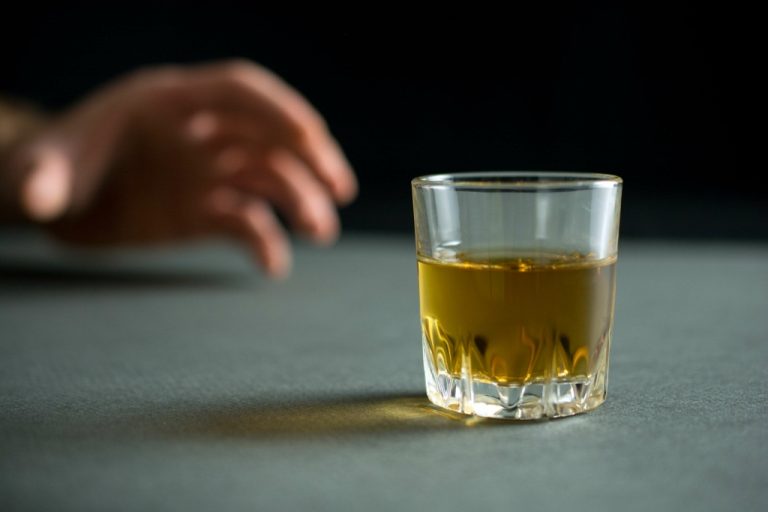«I was feeling great having got over the nausea, shaking etc. within the first week ,but now I am beginning to have what I can only describe as partial withdrawals all over again.» «I could easily sleep 12 hours a night and still feel tired the next morning.» «I feel like I am actually going into the honeymoon phase of my recovery. I feel great and am finally starting to be able to think clearly.» «I’m feeling fantastic. I have lost weight, and my skin looks amazing [I suffered from rashes all over my body and face]. My energy and confidence are back. It is wonderful.»

Dopamine produces positive emotions that make you feel good and help reinforce your desire to drink, but alcohol affects your central nervous system in other ways, too. You might feel depressed after drinking because alcohol itself is a depressant. Understanding the link between alcohol and depression can help you better manage depression after drinking, or better yet, prevent it from happening in the first place. Research finds that participating in a support group improves your chances for long-term recovery. Not only do others in your support group understand what you are going through, but they also can provide valuable education and guidance, including tips on avoiding relapse. First, rather than viewing your relapse as a sign of failure, accept it as a step in your journey to sobriety that signals you need to revise your recovery approach.
Address negative feelings when they come up
Quitting drinking, even without making other changes, can help you return to better physical health, but regaining emotional and psychological balance can be challenging. https://accountingcoaching.online/how-to-stop-drinking-out-of-boredom-tips-and/ For many, remaining sober and resisting a relapse take real work. If physical symptoms continue after 11 days of abstinence, seek medical attention.
Consider bringing informative literature with you so you can start with some key points and eye-opening stats. To truly help the addict on the road to recovery, you’ll need backup and support from those closest to him or her. Sometimes, this might mean revealing the issue to persons who before now didn’t realize there was a problem. Learn what 100 Most Inspiring Addiction Recovery Quotes it entails, where its roots lie, who’s most commonly affected, and what some of the most common signs are. If you can, attend an open session of an existing support group and listen to some of the stories around the room. Though it can be uncomfortable, immersing yourself in this environment can help you understand the addict’s mindset.
What Happens When You Stop Drinking? A Sobriety Timeline
It is instead the fact that this will reignite the compulsion to drink. Once you’ve had one drink, the compulsion to get drunk will return. The best way to avoid the compulsion to drink is complete abstinence. If you are suffering from stress, anxiety or depression, you may be more susceptible to alcoholism. Peer pressure and family and social environments can contribute to increased drinking and alcoholism.
- Alcohol detox isn’t easy and not everyone can do it on their own.
- For the recovering alcoholic, whether you have just stepped out of a rehab facility or celebrated your 25th year of sobriety, relapse is only ever 1 drink away.
- Don’t let this situation or cravings make you feel down or like you haven’t achieved something amazing already.
These are common questions that many recovering alcoholics and their loved ones ask. While it is a tempting thought, the answer is not very straightforward. The reality is that alcoholism is a lifelong disease that can never truly be cured. It can, however, be managed with the right treatment and support. Lapses and relapses are common for those battling a substance use disorder.
